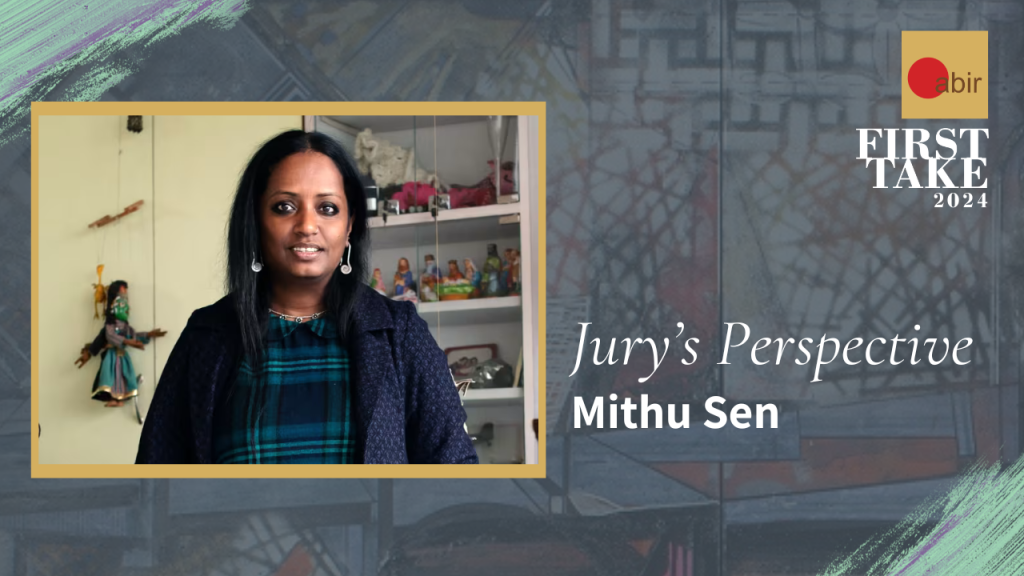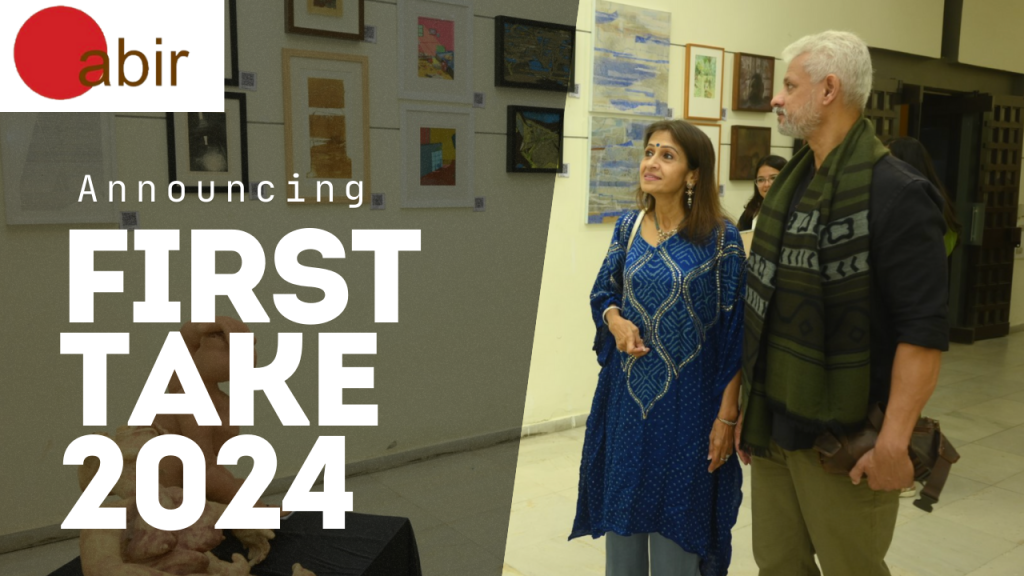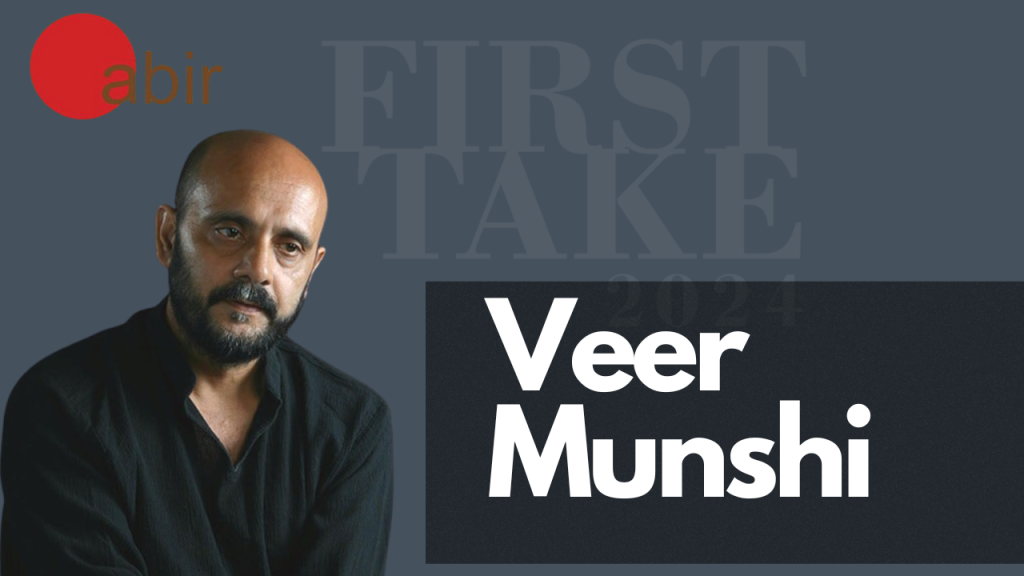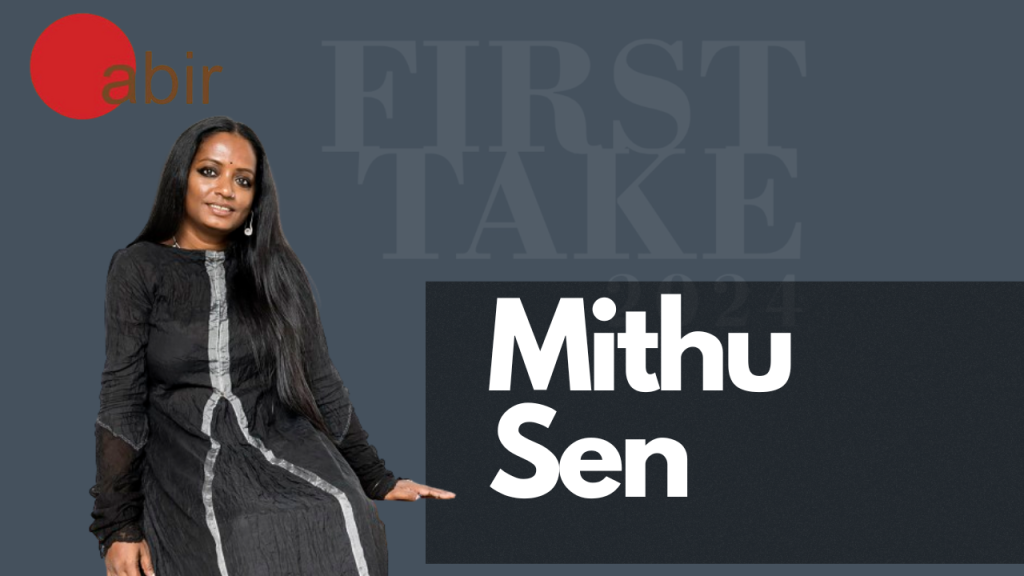In the interview with Mithu Sen, a prominent artist and jury member for the Abir India First Take 2024, she articulates her views on the intersection of art and gender. Sen, who is celebrated for her unique artistic perspective, addresses the often-debated topic of gender bias in the art world.
Mithu Sen was expecting that question about gender perspective and strongly disagrees with it. When she is a jury member or even an artist, she does not like to indulge in gender bias. It is more about the quality of the work or the art itself. Art, like life, should not be gender-biased. In such cases, the focus should be on the image of the artwork, not on who the artist is. That should always be the main focus when judging an art event.
Of course, she has concerns about marginalized areas, whether it’s religion, caste, or gender. However, as an Indian woman artist from a privileged background with a legacy of great women artists in India, she does not consider herself marginalized. She feels honored because all women artists from the past have always done great work, inspiring artists of all genders. We are inspired by art and artists, not by whether they are female or male.
She is equally inspired by artists like Venn Kakar and Arpita Singh. She cannot separate them by gender; it is their artwork that inspires her the most. Art is definitely a skill, similar to any other education system like medical or engineering. When she went to art school, she had zero skill compared to other students, but it is not just about being an artist or an art student. It is more about one’s concern for life. Life does not come with just the desire to be an artist; it is about believing in poetry, philosophy, and politics, with a pause.
Poetry here means literature and the entire creative field. Politics involves being concerned about local and global contexts and current times. Philosophy links the past, present, and future. These are the things one should always be aware of. One needs to know more, not just be skilled. Training can be a trap. Instead, one should follow their instinct, as it is their life force and brings possibilities and potential. Understanding sincerity and truth is what life and art are about—nothing more, nothing less.
An additional thought: one should always try to include some humour. Without humour, one cannot subvert anything. To challenge current politics and generalised trends, one must subvert them, and subversion will be their language. It is not about style but about finding subversion as one’s language.





